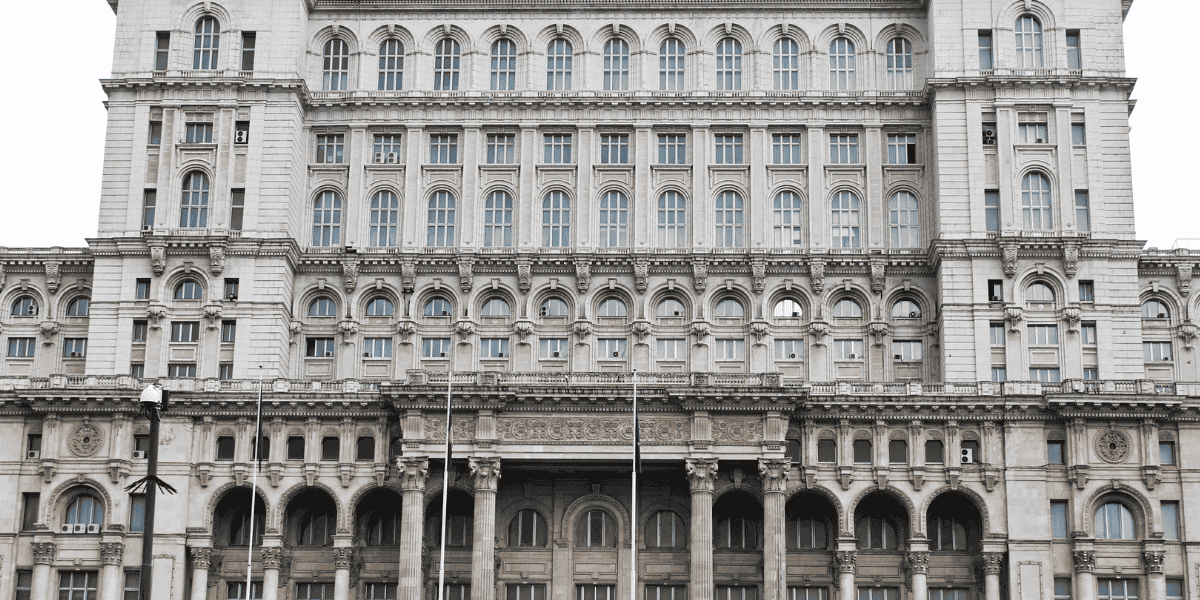On 10 June 2022 the IMF published a report following discussions with Romania under Article IV of the IMF’s articles of agreement.
Romania’s economy recovered well after the pandemic; but is now facing strong challenges. The GDP recovered to pre-crisis levels during the first half of 2021 and was growing strongly in the first quarter of 2022, but new pressures and risks have arisen from the Ukraine war. There are higher commodity prices, input shortages, weaker demand, and an inflow of refugees from the war.
If the war does not escalate further, economic growth is expected to be around 3.5% to 4.5% in 2022 and 2023. However, there is high uncertainty from the possibility of a broad cessation of the supply of gas from Russia which would result in higher energy prices and would reduce the economic activity of the European trading partners.
To rebuild fiscal space Romania needs to pass administrative reforms to improve tax collection and support the phasing out of temporary support measures introduced during the pandemic. The current efforts to modernize revenue administration should continue through measures such as digitalization and improved taxpayer services. However, to achieve fiscal sustainability Romania must implement tax measures to raise revenue of around 2% of GDP.
Personal income tax
The tax system is unfair owing to the exemptions for certain sectors; special tax treatment such as the low dividend tax; and tax loopholes such as those relating to micro enterprises. To make the system fairer and more effective the tax base must be broadened across the economic sectors and types of income source. The IMF estimates that these measures could raise revenue amounting to more than 1.25% of GDP. The introduction of progressive tax rates for individuals on the highest incomes could raise further tax revenue and improve income equality.
Value added tax
The efficiency of the value added tax (VAT) needs to be raised as it is one of the lowest in the European Union. This can be done by broadening the tax base, streamlining the tax and strengthening the administration with measures in addition to those currently planned. This could raise the VAT efficiency to the EU average and could add revenue amounting to 1.5% of GDP.
Property tax
By broadening the tax base, ensuring that valuations are based on market prices and simplifying the design and implementation of the tax, Romania could raise additional revenue amounting to around 0.25% of GDP.
Taxation of carbon emissions
Once the current high energy price rises have subsided, taxation from carbon emissions could contribute to the green transition. Revenues from the tax could reduce income tax for low-income groups.
Other measures
Growth potential could be increased by structural reforms and investments to increase productivity. Romania needs to increase digitalisation, strengthen the fight against corruption, improve education and health and reform the state-owned enterprises. Also, the disparities between regions should be addressed by strengthening regional capacity and infrastructure.














